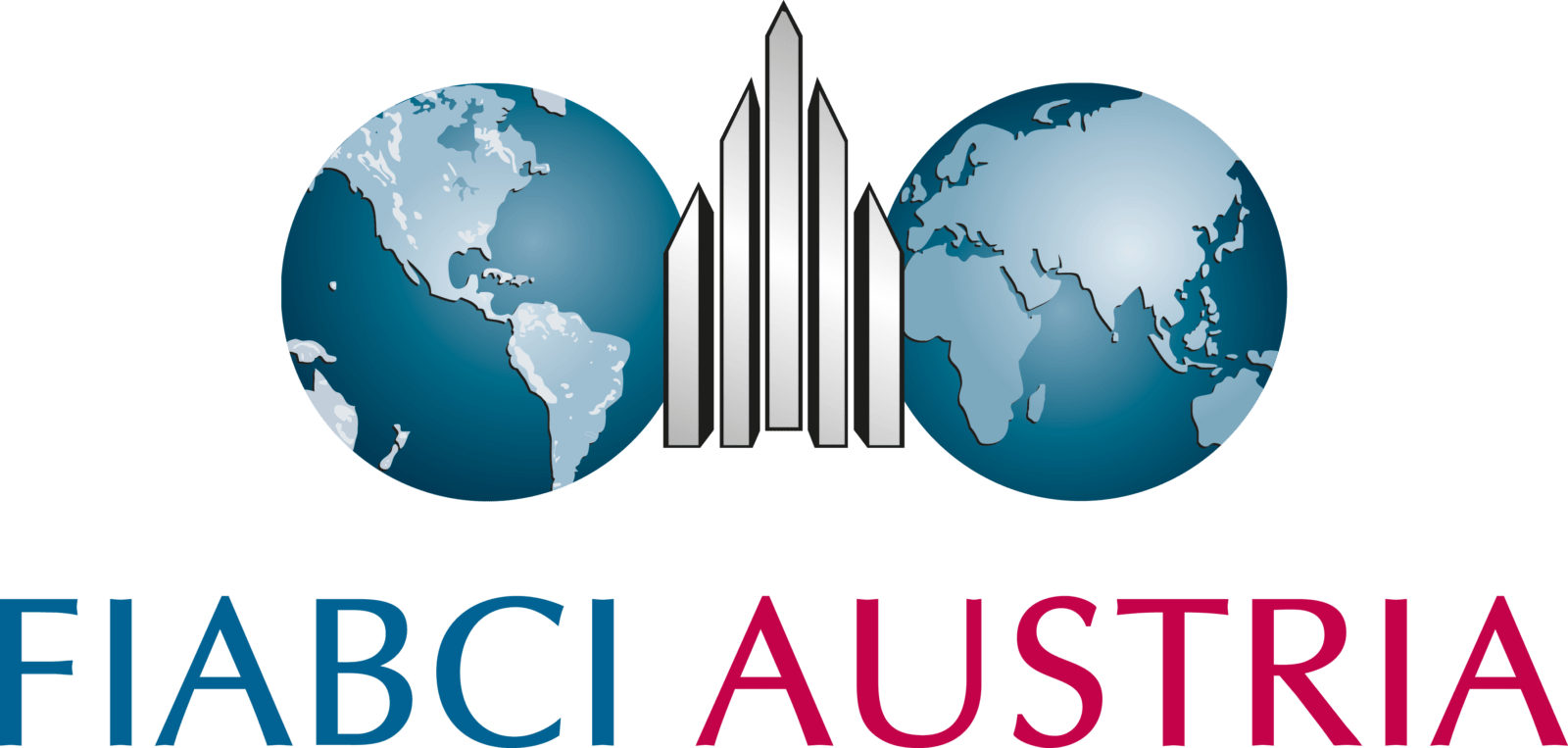
The tourism industry in Greece has displayed impressive adaptability and resilience, bouncing back to achieve new record highs despite the pandemic crisis and ongoing geopolitical tensions and energy challenges. It has proven to be the most robust sector of the Greek economy.
Although there were certain border issues that led to a slight decrease in arrivals, particularly by road travelers, in the first 11 months of 2022, tourism revenue has only fallen 2% short of its 2019 level. The conflict between Russia and Ukraine had minimal impact on the industry, as it accounts for a small percentage of traffic that could easily be replaced by other sources. All peripheral airports exceeded their 2019 traffic levels, affirming Greece as one of the most sought-after summer destinations in Europe, with the exception of Thessaloniki airport, which performed below its 2019 level.
Even during the pandemic, hotel investments and openings continued, and transactions in hotels reached record levels in 2022. Institutional investors are positioning themselves in the industry, along with more daring value-add investors and developers. Resort hotels are particularly attractive to all kinds of investors, and the competition to acquire and upgrade older properties is intense, resulting in improved quality offerings, modern design, room sizes, and ratings.
The hotel industry still faces challenges, such as rising energy costs and personnel shortages, but it has regained its pricing power, with increased average daily rates (ADRs) and spending per capita. Scheduled flights for 2023 will provide increased capacity, and the rate of pre-selling is significantly higher than last year, indicating the potential for another record year in Greek tourism. However, the impact of increased costs on hotel profits remains to be seen.
In 2022, ADRs increased significantly across all hotel types, both in cities and resorts, with resorts achieving occupancies above their 2019 levels. City hotels faced difficulties in the first quarter of the year, but as COVID restrictions were lifted, they gradually caught up, although they still fell behind their pre-COVID 2022 performance. However, Fringe Athens city hotels demonstrated remarkable resilience, with occupancies consistently above 70% (excluding COVID years and Q1 2022). Recent additions closer to Syntagma Square performed even better, with quick maturities and higher revenue per available room (RevPARs).
Presales momentum for resorts is significantly higher than last year, and planned flight capacity for 2023 has increased. City hotels are expected to have a normal Q1 2023, unlike the same quarter last year. The outlook is positive, with expectations for another record year in Greek tourism.


